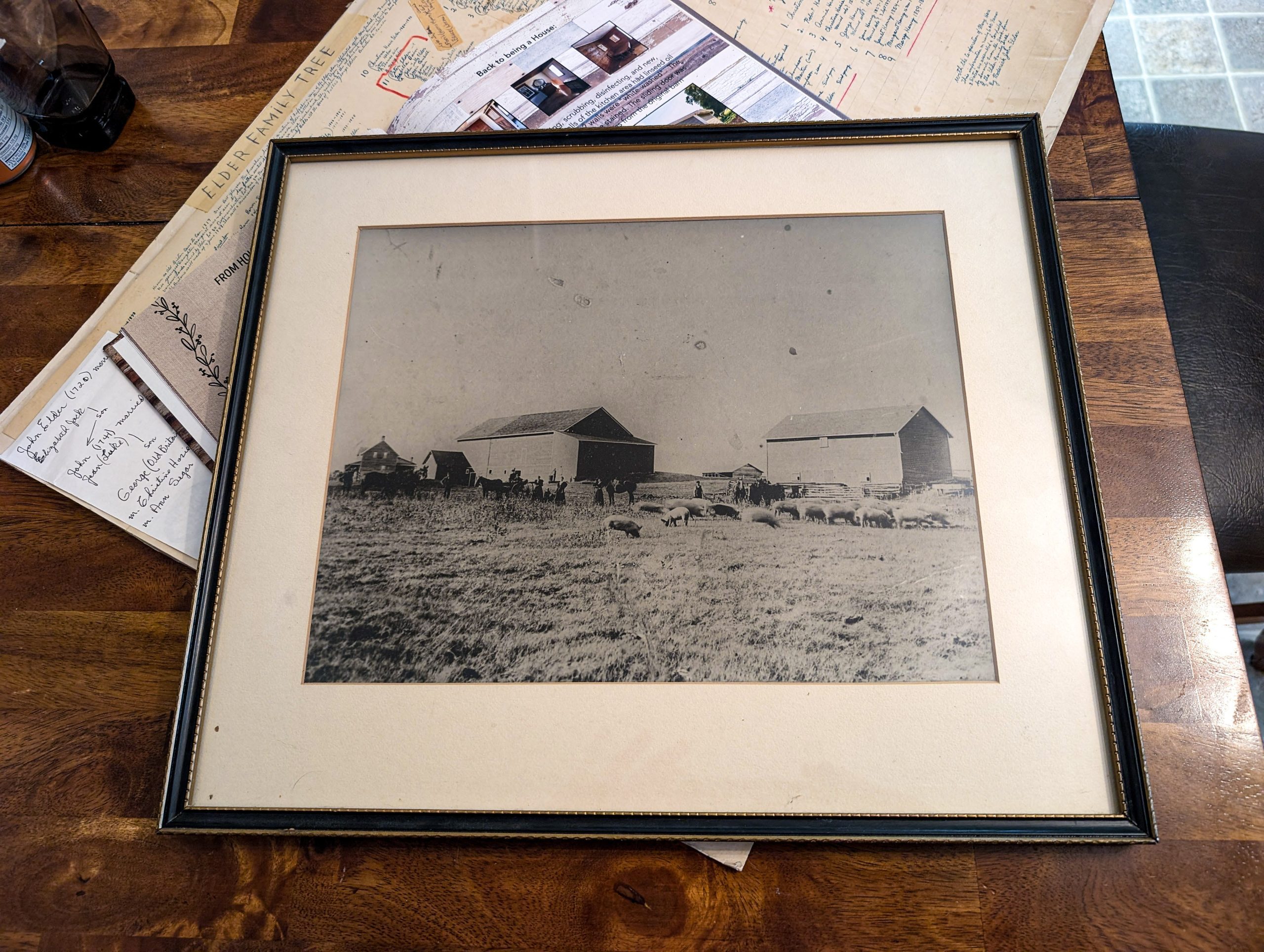The number of Canadian grain farms is shrinking. Commodity prices are under pressure. Remaining growers are farming larger parcels of land.
Increasingly, the answer to consolidation and falling commodity prices is vertical integration. It isn’t for every farm, but value-added products are starting to play an important role in how grain growers remain competitive.
“We were farming 5,000 acres (in Leask, Sask.), and we either needed to get larger or do something different,” says Barb Stefanyshyn-Cote. “We decided that the something different was the route for us.”
Read Also

Why you should preserve your farm’s history
There was a big cast iron dinner bell in the middle of the farmyard where Maggie Van Camp grew up….
Stefanyshyn-Cote and her husband, John Cote, sold their farm and purchased 80 acres (and rented an additional 160 acres) near Saskatoon to launch Black Fox Farm and Distillery, a farm-to-bottle distillery that makes single-origin, small-batch whisky and gin from wheat, triticale and oats grown on their farm. “We really wanted to build on our ag expertise,” Stefanyshyn-Cote says. “That’s how it got started — taking what we knew and turning it into something that consumers wanted.”
Black Fox Farm and Distillery is one of several farm distilleries across Canada, including Anohka and Pivot Spirits in Alberta, Kinsip and Wild Lot in Ontario, and Caldera Distilling in Nova Scotia.
Despite the explosion of craft distilleries, however, the process of going from grain to glass is complex even for producers who have mastered the art of growing crops.
“As farmers, we did our own selling,” Stefanyshyn-Cote says. “We called grain brokers, asked their prices and picked the better price and said, ‘I just marketed my grain,’ but that is nothing like marketing consumer packaged goods.”
Figuring out labeling requirements and mastering marketing also proved challenging for Angela and Tyson Devitt who began milling the grains grown on their Ripley, Ont. farm in 2020. “When the seed enters the facility, it’s an agriculture product but when it leaves, it’s food and the regulations are very different,” Tyson explains.

While the learning curve was steep when the couple started Stone Bridge Flour, the effort was worthwhile. Local bakeries fell in love with the stone-milled flour, so the Devitts purchased new equipment and increased their capacity several times to keep up with demand.
“In the first year, we were approached by potential customers who asked for astronomical amounts of flour per week… and we had to turn them away,” Angela says. “The market for locally sourced, less-processed ingredients has really grown and we haven’t had the capacity to supply those requests. With the new mill, hopefully we can take on a few of those customers.”
From commodity to specialty
The Canada West Foundation points to significant diversification in crops and changes in agricultural operations as a result of changes to grain policies. “Further diversification, value-added processing and improving the movement of agricultural exports will drive future prosperity” for Canadian grain growers, it says.
Provincial programs such as Alberta’s On-Farm Value-Added Grant Program and the Saskatchewan Value-added Agriculture Incentive provide funding and tax incentives to farmers including grains producers to grow sales, explore market opportunities and develop solutions to turn agricultural byproducts into new or upgraded products. These kinds of programs create pathways that encourage grain growers to prioritize diversification and generate new revenue streams.
Most of the Devitts’ grain is still sold to the local elevator, but they set aside an ever-increasing number of acres for varieties that are well-suited to milling into artisan flour. Unlike selling grain as a commodity, the couple sets the price on their stone-milled grains. Profit margins on stone milled grains are higher and diversification provides an additional source of revenue to the farm.

Similarly, growing grains for premium spirits has opened up a world of opportunities for Stefanyshyn-Cote. Black Fox Farm and Distillery has whisky and gin on store shelves in Saskatchewan, Alberta and Ontario as well as Germany, Denmark and China. Their spirits are also on the menu at the Four Seasons Hotel in Abu Dhabi.
As the popularity of farm distilleries grows, so do the opportunities for farmers. It takes creativity, a commitment to lifelong learning and a willingness to adapt to new ways of thinking about farming to succeed.
While not all producers want to change their business models Stefanyshyn-Cote believes there is room for both approaches on Canadian grain farms.
“There are those who are expanding and continue to expand,” she says. “For those who, like us, want to take a different approach and do something that’s a little closer to the customer… it’s how we get the business to evolve and continue to grow.’
















